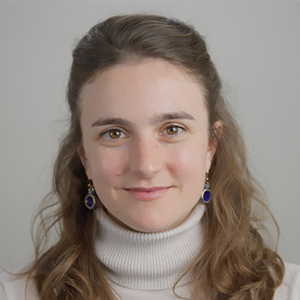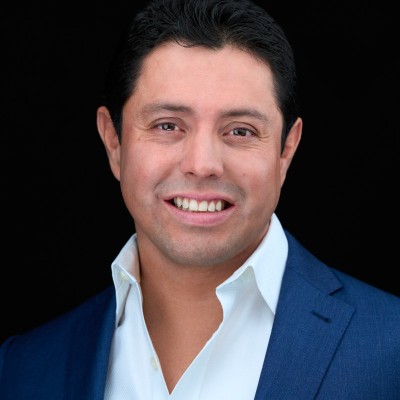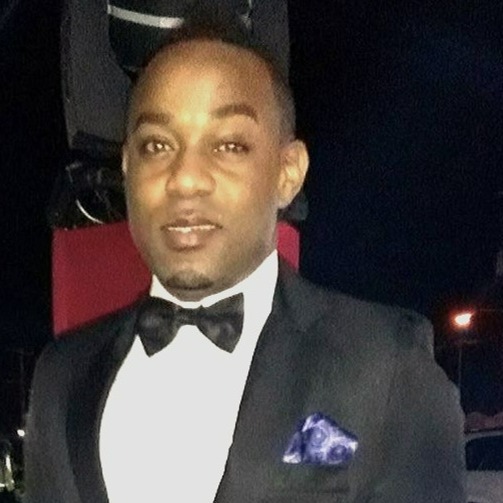One of the main factors influencing our communication is our parent, child and adult modes. Each constitutes another record of our personality and contains different voices. During a conflict, they of course remain in action to influence our communication.
The main factor in the emergence of conflicts is the difficulty people have in communication. The mediation process is not a process that changes people’s ideas or demands. On the contrary, it is a process that includes the stages of understanding each other’s demands and finding a common ground. This shows that it is not people’s ideas that cause conflict, but the difficulty they have in communication. In this blog series, we will examine the functioning of people’s cognitive proces
There have been many research studies to date on the mechanism of cognitive functions in the brain. Dr. Wilder Penfield conducted one of the most comprehensive studies in this field. Within the scope of these studies, Penfield found that the brain is like a tape recorder, constantly recording and this is how memories are formed. This recording contains not only the scenes of events but also emotions. Emotions are an integral part of memories.ses since childhood and its reflections on the mediation process.
Eric Berne, the founder of Transactional Analysis theory, introduced three concepts: parent, adult and child. According to the theory, these three modes are present in every person and emerge at different moments. The first mode, the parent, is formed in the first 5 years of a person’s life. During this period, the child records the person he/she identifies as a parent as it is, without any changes. In this period, the child, who lacks the ability to perceive and analyze events, records everything he/she sees without making a right-wrong evaluation. For example, if there is a conflict in the family, it will be recorded as it is and the child will not be able to question the underlying causes and reach any conclusions. These records are definitive, they cannot be erased or changed. Furthermore, if what the parents say and what they do are not consistent, this will cause confusion in the child. This includes one parent’s correct behavior and the other parent’s failure to follow through. This can lead to the emergence of a contradictory, inconsistent and fearful personality later in life.
At the same time as the mode of parent is being formed, a second recording is being carried out under the mode of child. This recording is not a record of the external world in which the child lives, but of his/her inner world. The reactions of the emotional world to the events he/she experiences constitute the subject of the record. In the early stages of the five-year period, the child does not have the ability to express himself/herself in words. In this process, all his/her reactions are through his/her emotions. Even after he/she starts to speak, in the first five years of his/her life, he/she does not know how he/she should react in which situation.
The final mode is adult. This period usually starts after the tenth month from the birth of the child. During the first ten months the child has only the concepts of parent and child. His/her reactions during this period are unconscious reactions. From the tenth month onwards, the ability to analyze begins to develop. From this point on, although the child has difficulty in expressing himself/herself, his/her reactions will be conscious reactions. The adult mode analyzes and makes a judgment about other parent and child modes. As a result of this evaluation, for example, even if it is concluded that the parent mode’s data is wrong, that data will continue to exist. The evaluations made by the person through adult mode cannot ensure that existing data is deleted or changed.
All three of these situations arise at certain points in a person’s life. The mediation process is one of these areas. In the next blog post, we will examine how these situations arise in the mediation process and we will look for solutions to overcome the communication problems.
Harris, A. Thomas, “I’m OK, You’re OK”, 1967 p. 29-68.





































